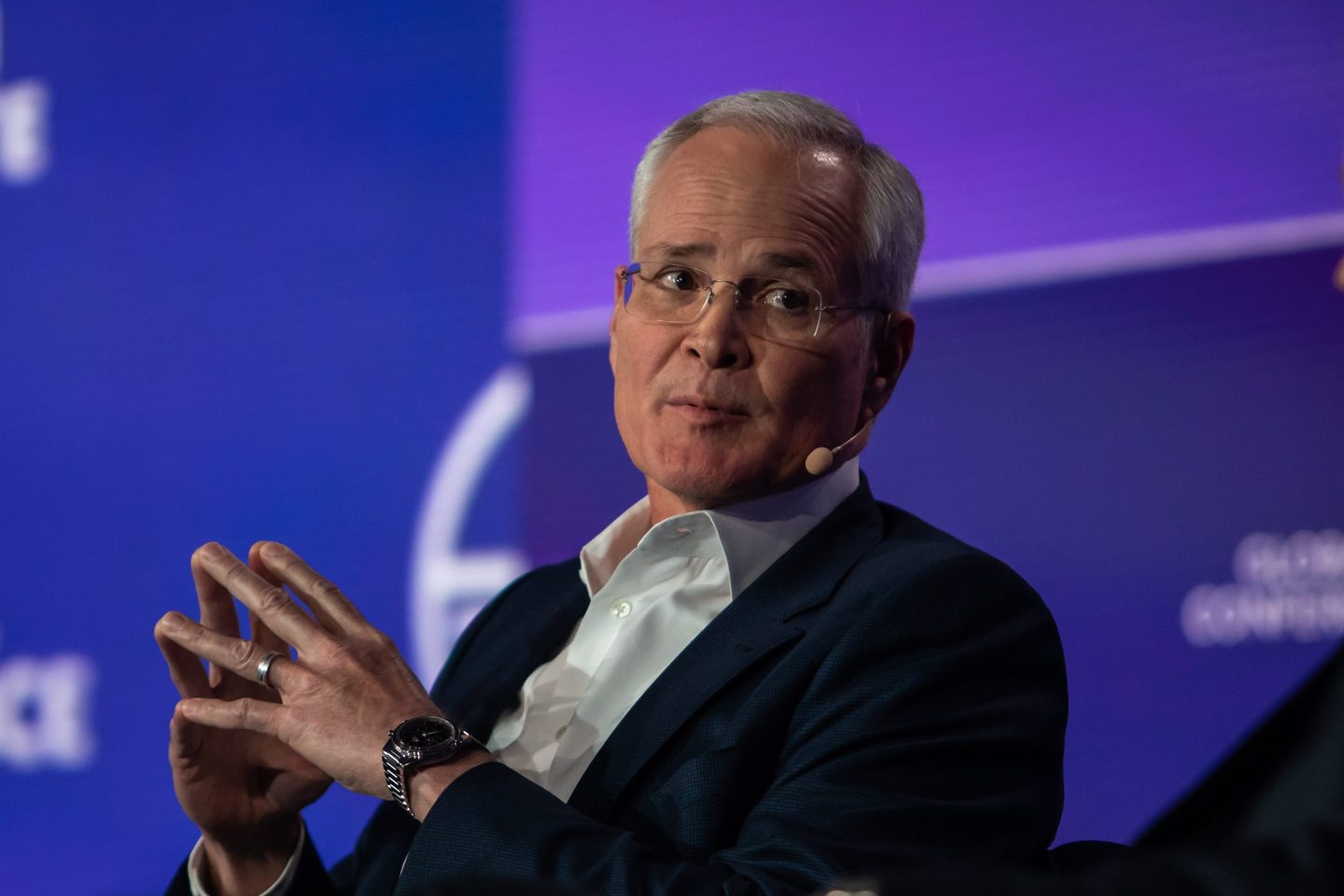Hello, readers!
I’m heading to the west coast for the next few weeks (don’t worry—we’ll still be in your inbox, just from the other side of the country). But a short one today as I make the trek.
As luck would have it, Fortune released the latest Fortune 500 rankings this morning (the 65th running of the list), so there’s no lack of fascinating material for our readers to peruse. And, as usual, health care holds strong sway on this litany of America’s largest public companies by revenue.
Some opening thoughts from my colleague and our dear leader Fortune editor-in-chief Clifton Leaf: “Each year, it seems, America’s biggest companies look more and more like a set of matryoshka dolls; companies that a generation ago would have been seen as corporate titans now appear as if they could be swallowed up as midday snacks by the real behemoths. That’s one of the takeaways from this year’s Fortune 500 ranking—the 65th running of the list: The big are getting bigger, and the rich are getting richer.”
The same theme plays out in health care companies on the 500 specifically. For instance, as Cliff notes, “CVS, for its part, has combined with Aetna to become the health industry’s biggest platypus: a drugstore-insurer-pharmacy benefit manager-walk-in clinic.” CVS’ 2018 revenues stood just shy of $195 billion, landing it the number 8 spot.
Other companies ranking in the top 100 span the gamut from insurers (UnitedHealth Group at #6, Anthem, Humana, and Centene all in the top 75) to pharma companies (Johnson & Johnson and Pfizer, at #37 and #61 spots, respectively) to drug distributors (McKesson and AmerisourceBergen at #7 and #10).
It shouldn’t come as a surprise that an industry that’s, literally, critical to the preservation of human life ranks so prominently when it comes to revenue generation. What’s more intriguing is the way these companies are attempting to preserve their competitive advantages (especially in the case of insurers, who have very different strategies—some favor consolidation while others are laying down the gauntlet in markets that competitors have left).
Back with more tomorrow, and read on for the day’s news.
| Sy Mukherjee | |
| @the_sy_guy | |
| sayak.mukherjee@fortune.com |
DIGITAL HEALTH
Abbott joins NIH's BRAIN initiative. Abbott Laboratories is joining forces with the NIH on one of its signature research projects, the BRAIN Initiative. The med tech giant has pledged to support NIH with deep brain and spinal cord stimulation technology. Just what could that help achieve? "The neuromodulation technologies provided by Abbott will help us determine the inner workings of the nervous system to help fill gaps in our current knowledge of the brain and provide opportunities for exploring how the brain interacts with the human body in patients with neurological conditions,” said the NIH's Dr. Nick Langhals in a statement. (FierceBiotech)
THE BIG PICTURE
North Carolina AG sues Juul over youth marketing. The Attorney General of North Carolina is jumping on the anti-Juul bandwagon, suing the vaping and e-cigarette giant over alleged improper marketing targeting youth. This is the first official state lawsuit against the company, which has come over increasing scrutiny over its marketing practices; it likely wouldn't be surprising if more states join in on the lawsuit. (Reuters)
REQUIRED READING
The 2019 Fortune 500 List: The Prize of Size, by Clifton Leaf
It's All Clicking for Wayfair, a Fortune 500 Newcomer, by Jeffrey M. O'Brien
The Occidental-Anadarko Petroleum Merger's Crude Truth About Oil Prices, by Jen Wieczner
Why A.I. Might Just Save Your Job, by Munir Mandviwalla & Niraj Patel
| Produced by Sy Mukherjee | |
| @the_sy_guy | |
| sayak.mukherjee@fortune.com |











